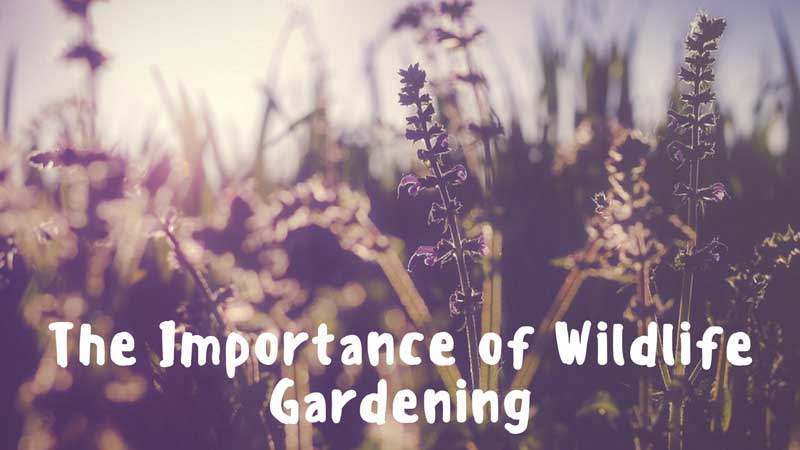Offer
Provide additional details about the offer you're running.
Provide additional details about the offer you're running.
Provide additional details about the offer you're running.

The planet Earth is one magnificent creation, that much we know. While there is still much debate on how the Earth came to be and how we as humans came to inhabit it, there is no denying its absolute beauty and wonderment.
As humans, we can often get swept away in day-to-day life and forget how truly amazing it is that we have such a diverse ecosystem in which to live. As we evolve and learn more about how our planet works, more of us are becoming mindful of the health of the planet and each of the organisms that call it home.
As defined by the Merriam-Webster dictionary, an ecosystem is the complex of a community of organisms and its environment functioning as an ecological unit. As such, as stewards of this great planet, we need not only to remember this fact but to foster it.
While there are issues facing us today that are certainly global or political in nature, much of the necessary change does lie in the power of our own two hands.
It starts right in our own communities and backyards. Break it down far enough and it is not hard to understand that every animal on this beautiful planet gets its food from plants – either directly or as a by-product.
We’ve changed as a society and that is not always a bad thing. Progress is what inspires us to create additional change for the good of not only the people of this Earth but the organisms with which we share it. That said, over the course of the last few decades, we have grown increasingly hostile towards insects and have severely affected their populations.
While some might get a good case of the “heebie jeebies” when encountering some insects, we must not forget their importance to this cycle we call life.
The key to this portion of the equation is native. When we plant something in our yard, the emphasis must be placed on the native qualities of that plant or flower. The insect herbivores that feed on these types of vegetation have long since become accustomed to it and therefore have developed the physiological ability to digest them.
When we create gardens containing non-native plants and flowers, it interrupts the vital cycle needed to keep balance within our delicate ecosystem. When designing a wildflower patch or garden in your yard be sure to keep these factors in mind and you are bound to enjoy the spoils that come with a healthy ecosystem and an aesthetically pleasing landscape.
High Quality Blend